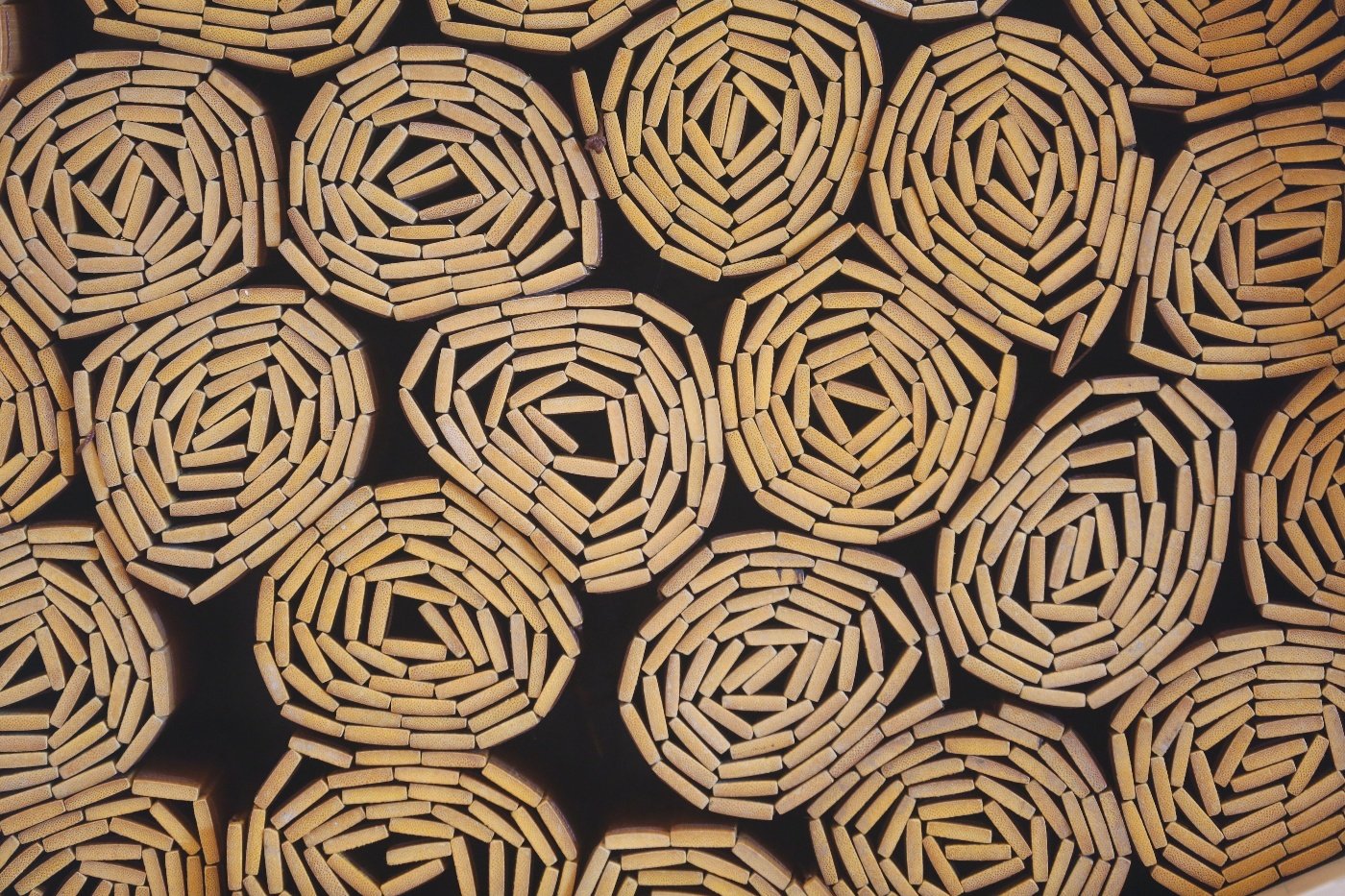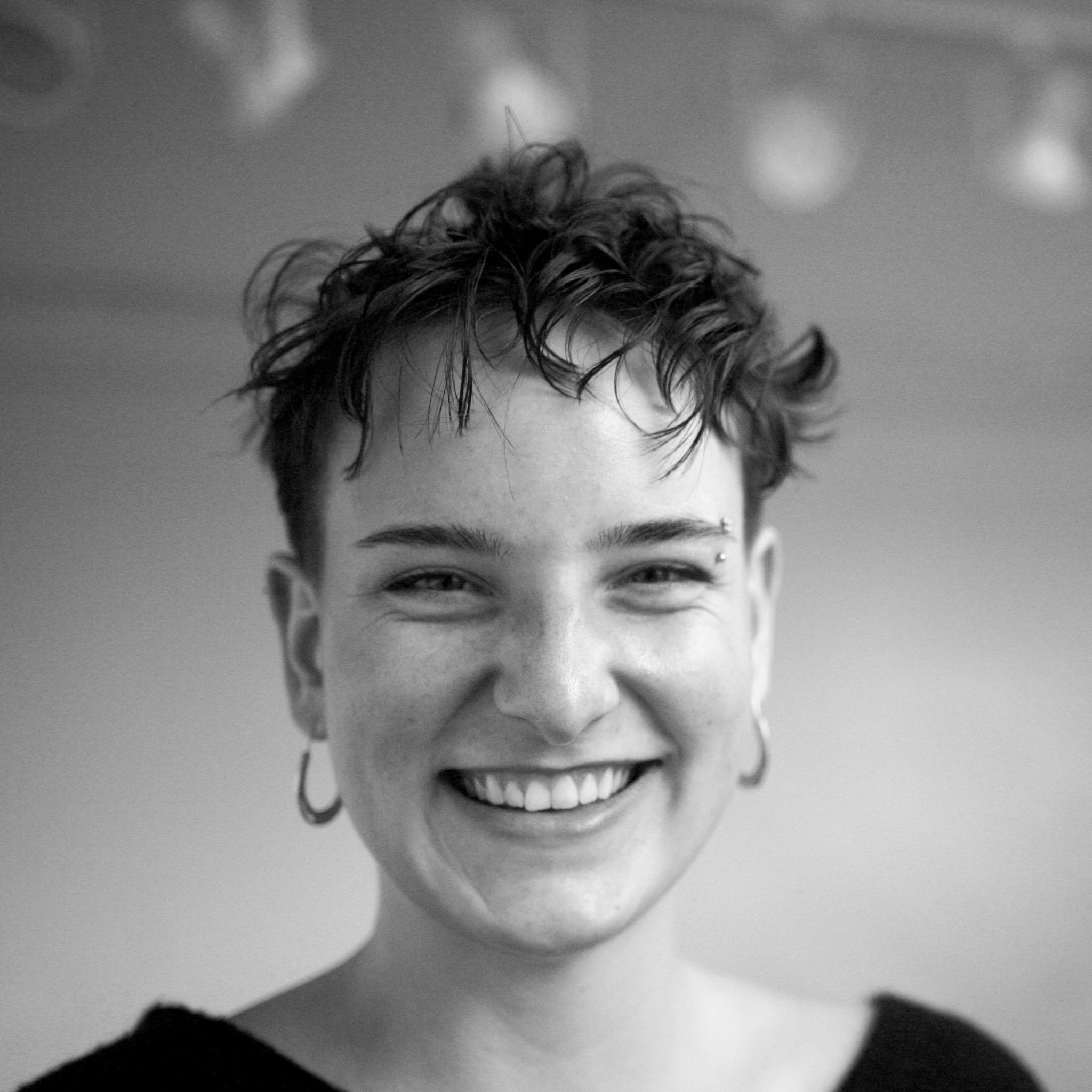You and Your Perfectionism
Fellow perfectionists, I invite you to imagine the following scenario: you just printed a huge, adhesive sticker. It’s the height of a fully grown hobbit, and feels like a perfect, two-dimensional newborn (“they have your eyes!”). Now, imagine slowly unpeeling it, heart pounding, painfully aware that you have one chance to get it right. To your horror, the sticker begins clinging desperately to every surface it can find, including your skin, your clothes, and itself.
This is a true story of how I spent the last weekend. To me, Sticker-gate is a great example of a perfectionist’s worst nightmare. Perfectionism is defined as the need to be or appear to be perfect, and is based on the belief that perfection is even possible. For working artists in particular, perfectionism can feel like a double-edged sword because competitive grants, awards, and residencies seem to demand perfection of us. It got me thinking: what distinguishes perfectionism from healthy striving?
Turns out, the difference is pretty straight forward: how do failures affect you? In a perfectionistic mindset, a mistake equals failure and failure equals a lack of personal worth or value. Healthy striving is a less outcome-oriented and fear-driven mindset. When we welcome mistakes instead of fighting them, the process itself begins to spark joy.
Over the next 600 words, we’re going to assemble a simple toolkit for artists who encounter perfectionism in their workflow. While I am not a medical professional of any kind, I do identify as a sponge. Absorbing the creative wisdom of friends, teachers, counselors, and collaborators, and sharing it here in the hope that it expands your own artistic practice.
Here are some of my favorite new tools for expansion:
- an Awareness Anvil, for forging new attitudes towards perfectionism
- a Curiosity Chisel, for chipping away at false beliefs
- a Liberation Ladder, for bringing your creativity to new heights
This material has been prepared for informational purposes only, and is not intended to provide professional medical advice, diagnosis, or treatment.
Awareness Anvil
First, let’s take a quick detour into metalworking theory. An anvil is a big block of metal with a flattened top, which is used as the surface for hammering new tools into shape. Similarly, awareness is the foundation of any toolkit because it provides the space you need to forge new habits—instead of getting stuck using unsound ones like perfectionism or self criticism. Without self-awareness, it’s hard to see how perfectionist tendencies are holding us back in our life and art.
For me, my perfectionism is loudest in three areas of my life: my relationships, my work, and my art. Because I strongly identify with being a good friend, a good employee, and a good artist, I have unrealistic expectations of myself in all of these roles. Even the smallest mistakes can derail me, turning my normally flexible and positive self into a rigid and self-critical gremlin.
TRY ME! If you’re up for it, try bringing some awareness to the way small missteps or oversights affect you. How does your view of yourself change? Are there any uncomfortable bodily sensations? Can you picture a positive future, or is it all doom and gloom? Instead of judging these reactions, you could see each of them as a stepping stone towards getting to know yourself and your perfectionism.
Curiosity Chisel
Once we’ve cultivated more awareness of our perfectionism, it’s time to chip away at the false beliefs that form its foundation. Rather than taking a sledgehammer to your entire value system, we recommend using a Curiosity Chisel. In the real world, chisels are a slow, creative tool for uncovering the full potential hidden inside a block of material. Similarly, getting curious about the values and beliefs that shape your perfectionist mindset will allow you to move from perfectionism into healthy striving. This is achieved by chipping away at the negative beliefs that hold you back, while revealing the positive aspects of perfectionism, like goal setting and motivation.
TRY ME! Approaching your perfectionism with open-ended questions—instead of judgment or fear—establishes that you’re committed to healing yourself with a chisel instead of a sledgehammer. Here are some prompts you can use to dig deeper when you notice perfectionism setting in:
“What are you scared will happen when we fail?”
Examples: It's ruined. Everyone will hate me. I will lose everything.
“How does perfectionism keep you safe?”
Examples: It protects me from embarrassment. I feel in control.
“Is there something you need to hear right now?”
Examples: I’m okay. Mistakes are part of making art. I have people I can talk to.
Liberation Ladder
Demanding perfection of yourself—and by extension, the people around you—can snuff out the spirit of experimentation, because the risk of messing up seems too scary. The key word here is “seems.” Because in reality, mistakes don’t need to feel so high stakes.
Convincing your inner perfectionist that failure isn’t scary will take some time and patience. If climbing out of your comfort zone feels…uncomfortable ; ) …we recommend taking it one step at a time with the Liberation Ladder:
Be a beginner
Most perfectionists have a habit of staying in their lane and sticking with work that they excel in. If this sounds like you, it might be time to sign up for an art class in a totally new medium or volunteer at a local farm. Essentially, any low stakes environment where you feel excited about learning and open to making mistakes.
Be a collaborator
Working with other people is messy. Whether it’s a relationship or a creative project, collaborations are the antidote to perfectionism because they require giving up control and trusting the process. If you haven’t already, we invite you to join us in the Creative Outpost to connect with artists across different disciplines and localities. You could find your next great collaborator in the comments section of a “how’s everyone doing?” post, or at our Winter Peer to Peer Writing Workshop.
Go forth and fail
If you’re anything like me, a detailed toolkit like this can morph into a sticky spider web of expectations and pressure. Hello, perfectionism! But thankfully, your new tools can help. Your Awareness Anvil, for acknowledging and accepting any feelings or sensations. A Curiosity Chisel, for carving into your perfectionism to uncover hidden beliefs. And the Liberation Ladder, for stepping into your most creative, innovative self.
Goodbye, perfectionism. (Until we meet again)
About Vicky Blume
Vicky Blume lives in Austin, Texas with her cat and partner. She co-leads the unparalleled External Relations team here at Fractured Atlas. In her artistic practice, Blume builds interactive websites, animations, and installations that offer calming and consensual alternatives to the Attention Economy.


